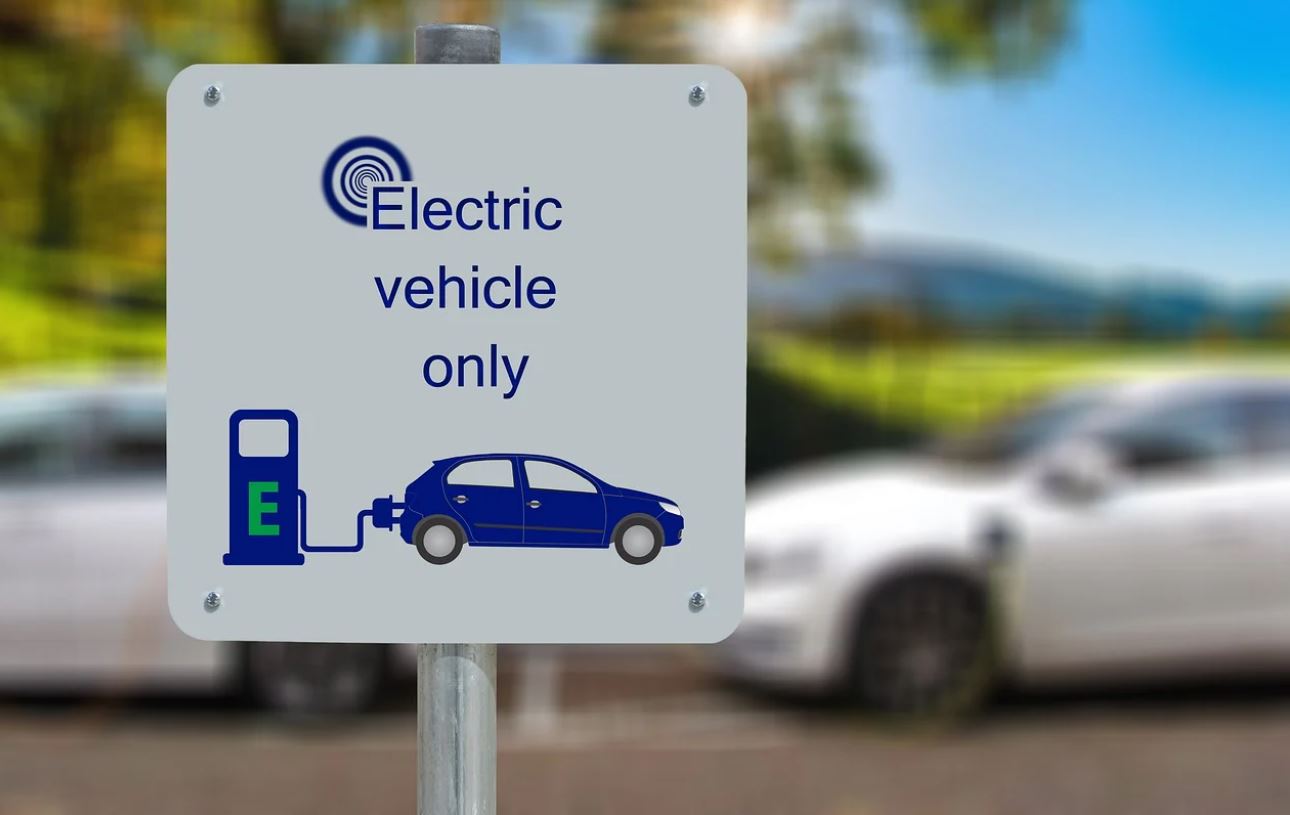Associate Professor at the Transport, Energy & Environment, Transport Studies Unit at Oxford, Christian Brand, has warned that “the obsession with the electric car hinders the race to net zero” while calling for active travel offers to be at the heart of reducing traffic emissions ; the UK’s worst polluter.
There is no feasible way to make the switch to electric cars fast enough within the time window that “we have left – the next five years,” writes Brand. It is estimated that it will take three to four times as long to completely convert the world’s fossil fuel vehicle fleet.
“To combat climate and air pollution, motorized traffic, especially cars, must be restricted as quickly as possible,” he writes.
Instead, this week the UK government pledged to go full steam ahead of a plan that would include a $ 27 billion road construction program. There is a grant to speed up the process to buy an electric car, but that doesn’t yet apply to the private electric bicycle sales or bicycle sales.
This strategy, a MEP-backed think tank announced, will lock ten million more cars on UK roads anytime by 2050. The road construction program is currently under review by the High Court, with the plans being deemed to have broken the climate commitments.
“That won’t stop us from driving,” said Transport Secretary Grant Shapps this week as he presented the government’s plan to decarbonise transport, pointing out that Nissan and Vauxhall have just made huge investments in UK electric car plants.
“The exclusive focus on electric vehicles is slowing down the race for zero emissions. This is partly because electric cars are not actually carbon-free. The extraction of raw materials for their batteries, their manufacture and the generation of the electricity they need for fuels cause emissions, ”writes Grant.
Crucial to the Net Zero goals, however, is delivery times, and it is at this point that the professor says that active travel can have the fastest impact. According to a study by the university published in Science Direct, emissions from cycling and even from electric bicycles can be ten times lower than those from driving a car.
“It is noteworthy that the CO2 footprint for daily traffic for people who walk or cycle is up to 84% lower than for people who use other modes of transport,” Grant says of the results and adds Adding that switching from car to bike one day a week saves half a ton of Co2 per year from the atmosphere.
The £ 2 billion pledged for both walking and cycling combined will deliver 300 programs, according to Shapps, which is not a single project for any of England’s 343 local authorities.
It is estimated that every kilometer of safe cycling infrastructure – considered the single single largest factor in stimulating cycling – costs £ 1.45 million. If the £ 2 billion were only spent on this infrastructure, 1,379 kilometers could only be transported in one direction. However, the budget covers everything from providing bikeability for kids, the Bike Repair Voucher program (set at 80%), walking programs, bike parking, funding Emergency Active Travel and much more.
Regarding this vital note, the professor writes: “What discourages many people from cycling or e-biking is safety. Accident rates for cyclists are still significantly higher than, for example, motorists (although the accident rates for motorbikes are even worse). An important prerequisite for cycling is therefore the availability of a safe cycling infrastructure, including separate cycle paths.
“Cities urgently need to create (more) safe cycle paths or open some streets entirely to bicycle and pedestrian traffic. A recent German study of bicycle counters in 106 European cities has shown that the 20 cities that had significantly expanded their bicycle network (an average of 11.5 km) during the COVID-19 pandemic, and that this represented an 11% increase in bicycle traffic -40%, compared to those who didn’t. “

